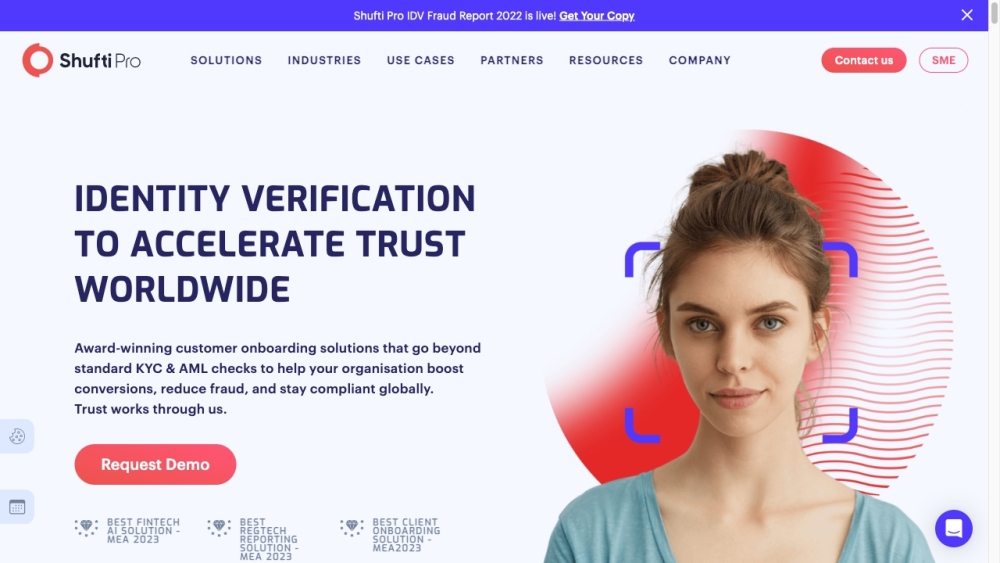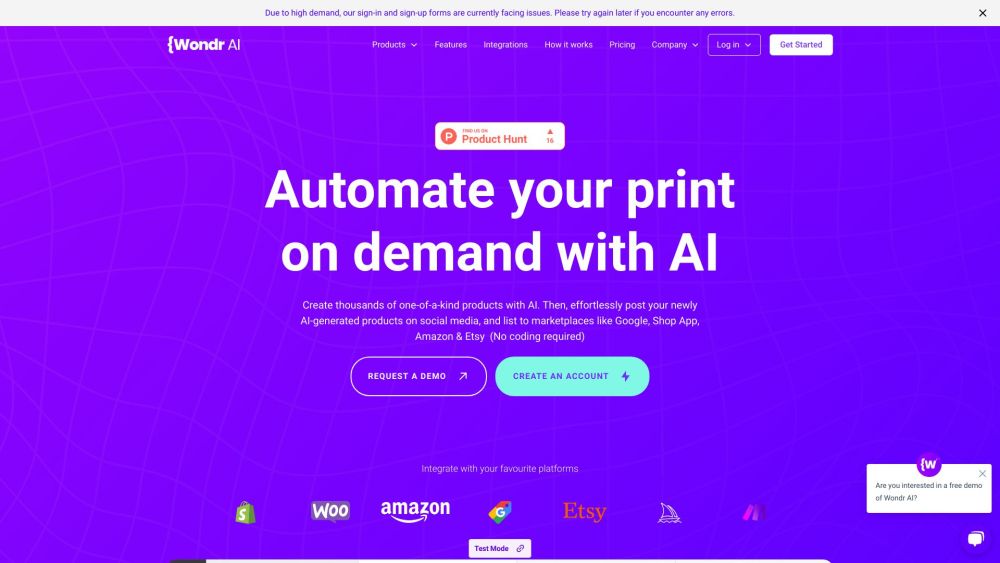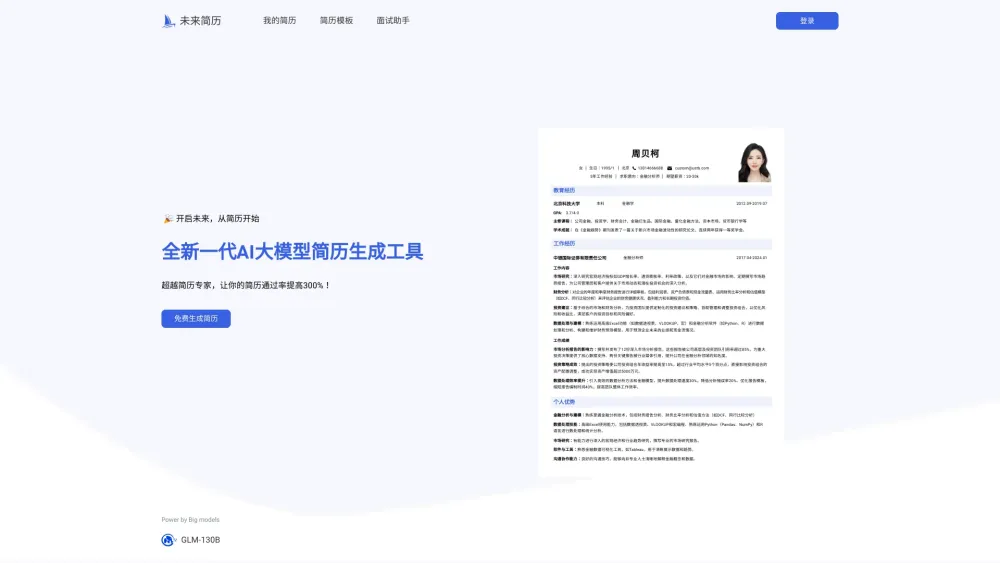Venice AI (https://venice.ai/ is a generative AI platform that redefines simplicity and privacy.
Search the world’s knowledge, engage in dynamic conversations, analyze documents, and generate images and art—all with a single click. Many AI services offer similar features, but what sets Venice apart?
Venice is privacy-first and permissionless.
Venice doesn’t track your activity.
Venice doesn’t impose any content filters on the AI.
Venice is incredibly straightforward. No downloads, no installations—nothing to set up. For basic use, you don’t even need an account, and the service is completely free.
How does Venice work?
Venice utilizes cutting-edge open source AI models to generate text, code, and images directly in your browser or mobile app.
While open source AI generation tools have always been popular tools for tech enthusiasts, Venice is built for people who are apprehensive about more complex platforms like HuggingFace.
The front end of Venice is a minimalist web application, but it will be familiar to anyone who has used generative AI, and it delivers a smooth and intuitive experience.
At the heart of Venice lies a firm guardianship of user privacy. This fundamental principle runs throughout the design of the platform, ensuring that every feature of the platform is designed with user privacy in mind.
While most AI platforms collect personal data, prompts, and responses on a centralized server (which is often shared with third parties such as advertisers or governments), Venice is very different. Even with the platform's best intentions, data breaches are frequent and often go unexposed.
To effectively protect privacy, Venice does not collect any user data at all. While this is technically more challenging, we strongly believe it is the right way to protect your privacy.
Local Storage Only
Venice does not store or record any prompts or model responses on our servers.
When you make a request as a Venice user, the request is transmitted to our proxy server and then directed to a pool of GPUs running on a range of decentralized providers. After the GPU processes the request using the open-source AI model of your choice, the response is streamed directly back to your browser via the proxy server, but is not permanently stored in any form in Venice storage.
Venice uses your local browser storage to maintain your conversation history, ensuring that your conversations are confidential to the device from which they originated (that's why multiple devices you use, even with the same account, have different conversation histories). The local storage is also encrypted to prevent the original information from being observed from the browser itself.
SSL encryption, standard specification
Your communications on the Venice infrastructure are SSL encrypted throughout. The text or image prompts you submit on your device are encrypted with industry-standard SSL encryption, transmitted to our proxy service, and from the proxy service to an inference server (where our open-source AI models are hosted.) Venice's proxy service forwards your prompts to the inference infrastructure and back, with no persistent retention of the prompts in the process.
Data collection
The information Venice collects is more limited and can vary by account type. For all account types, Venice records data about the events of a user's use of the product, such as actions like logging in, creating new chats, and organizing and filtering chats, but does not record, view, or store any data about the text or image prompts that you share with the AI model.
No Account Users: In the no-account state, Venice collects basic metadata about the user, like time zone, browser type, and IP address.
Free Account Users: When creating a free account, in addition to the above metadata, Venice collects the email address that the user used to register.
Pro Account Users: If a user pays for a Pro account using a credit card, only our payment service provider Stripe receives that payment information and Venice does not share it. If a user pays with cryptocurrency or holds a MOR token, Venice records the user's public key (i.e., wallet address).
Likewise, your conversation history is not shared with Venice and Venice does not store it. If you choose to delete your call history, you do so on your own browser/device, as this is the only place where it is stored.
If you have more questions about Venice, you can find the answers to the questions that come to mind at this URL: https://venice.ai/faqs






